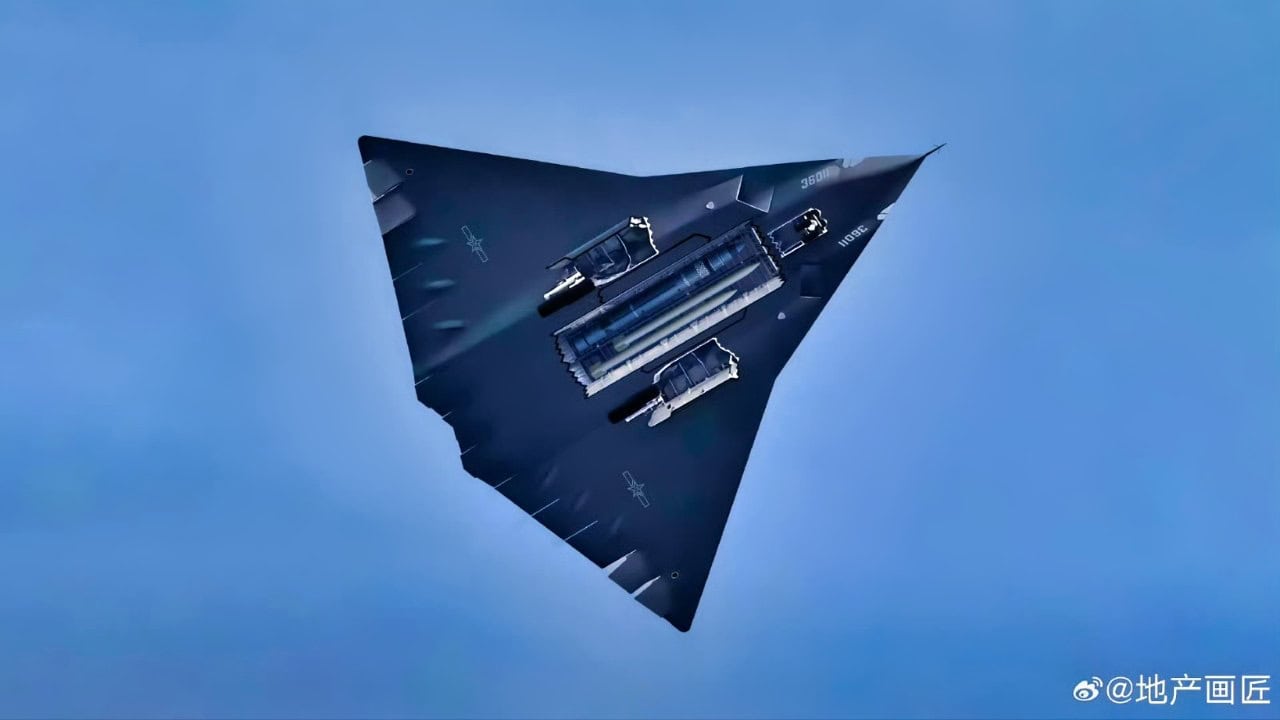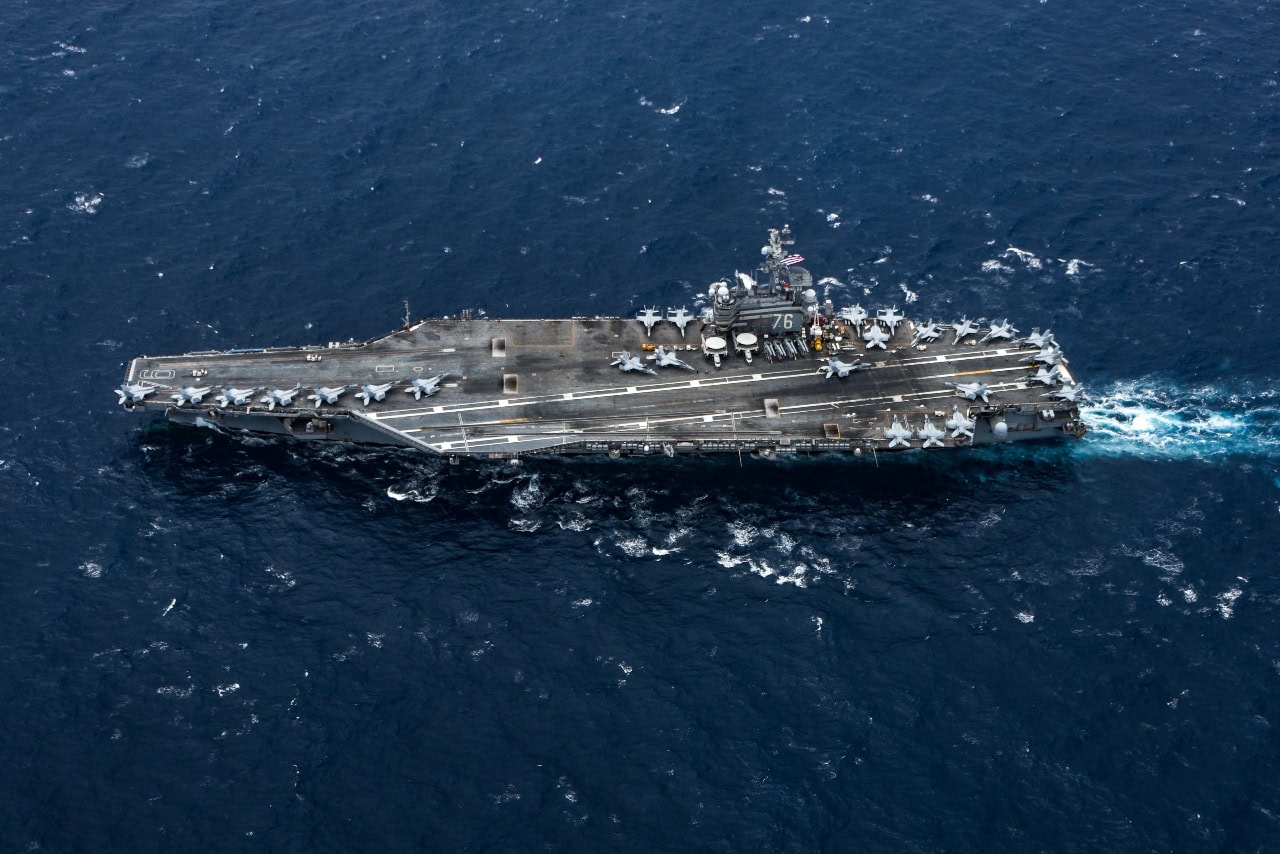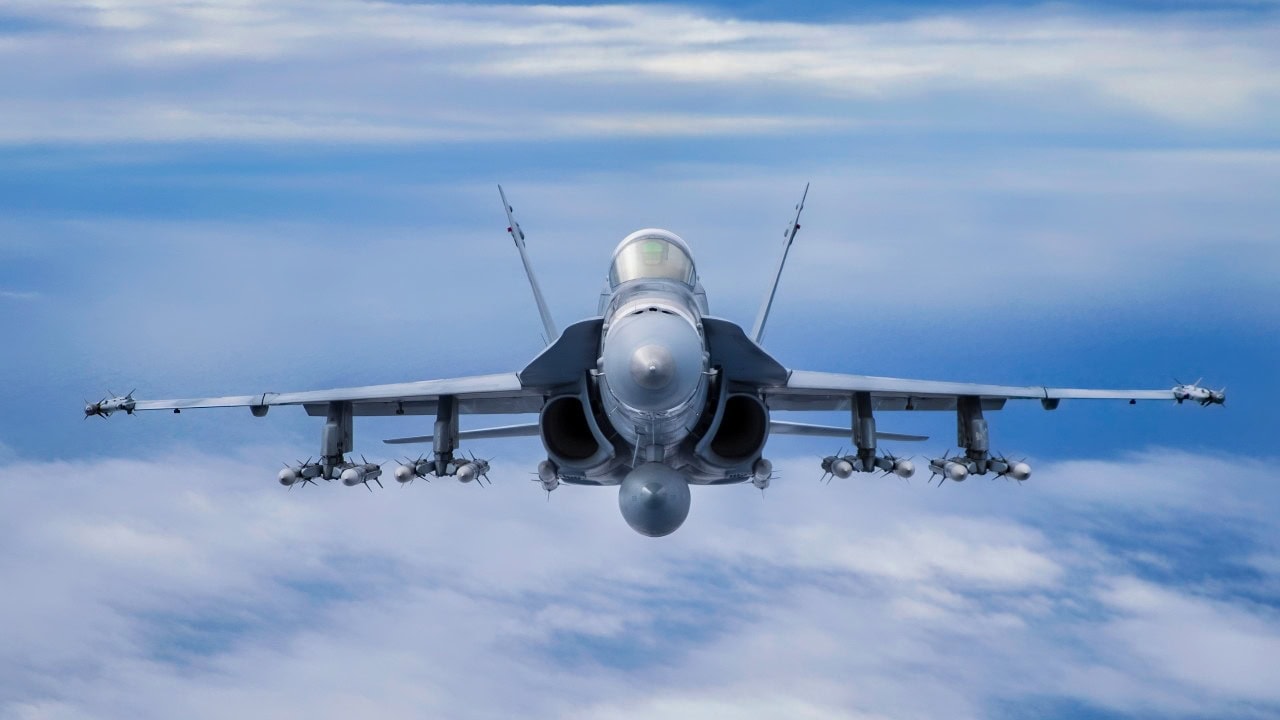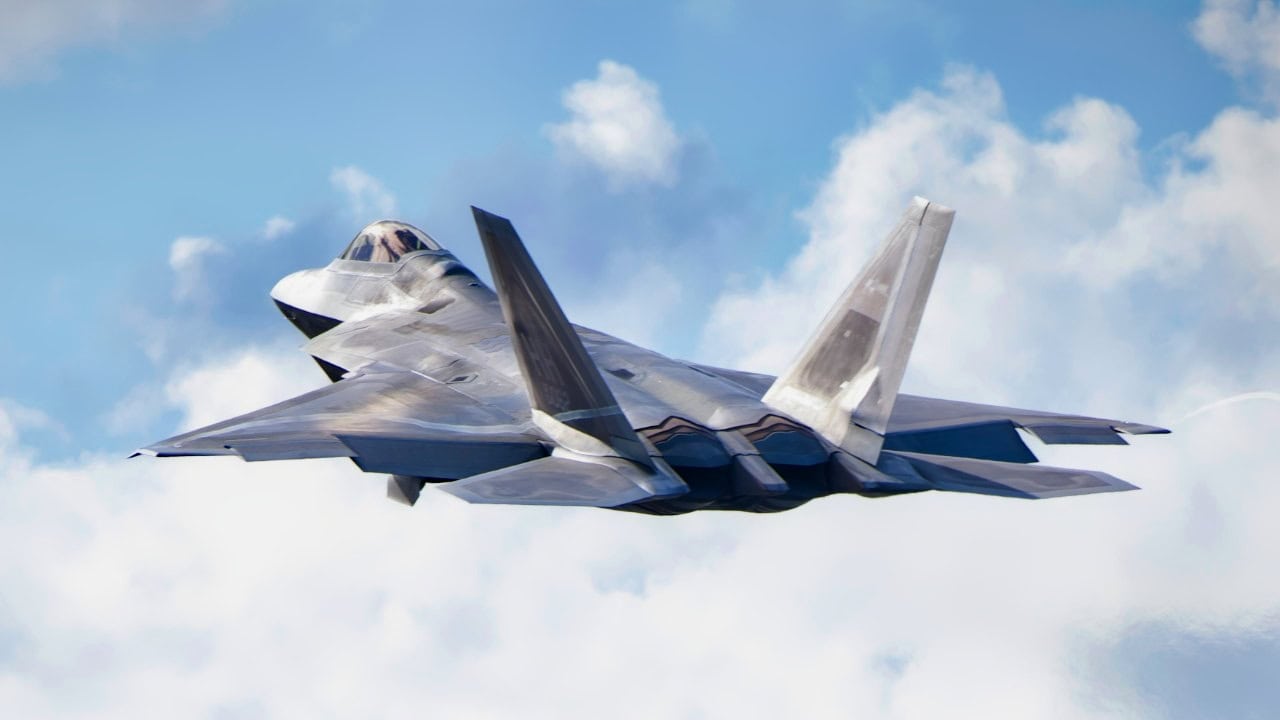Key points and summary: Australia faces significant security challenges from potential conflicts in Ukraine and Taiwan, and the fate of Taiwan has larger strategic implications. While supporting Ukraine is morally justified, Australia’s capabilities are well suited to deter China in the Indo-Pacific.
– A Chinese victory over Taiwan could seriously threaten Australia’s independence, regional security and alliances, potentially isolating Australia and allowing China to dominate the South Pacific. To stop this, Australia needs to strengthen its defenses with long-range missiles and deny China maritime access through the Southeast Asian Straits.
・Failure to resist Chinese aggression risks serious geopolitical consequences and stressed the need for Australia to prioritize Taiwan in its defense planning.
Why Taiwan’s fate will determine Australia’s strategic future
Beyond the Middle East, the world faces the possibility of two major wars escalating in Europe and East Asia over Ukraine and Taiwan.
Australia would have to worry about both of these wars, but ultimately the potential loss of Taiwan to China could become paramount to our national security.
Ukraine and Taiwan each face military threats from their nuclear-armed neighboring powers. In the case of Ukraine, Russia has already invaded, and the two countries have been at war for more than two and a half years. In the case of Taiwan, Communist Chinese President Xi Jinping has increasingly threatened that China should unify the island and reserves the right to use force to occupy it.
In Russia’s case, Putin has found himself in a slow war of attrition that he did not expect. And they are increasingly threatening to use nuclear weapons. Ukraine’s recent occupation of Russian territory in the Kursk Oblast (region) marks the first time that a non-nuclear state has invaded the territory of a nuclear superpower. Sergei Karaganov, one of Putin’s self-proclaimed advisers, recently said that “attacks on our territory require a nuclear response.”
However, there are some obvious differences between Ukraine and Taiwan. First of all, we must not forget that Ukraine is an internationally recognized independent state, which post-communist Russia recognized as an independent state in the Minsk Accords of 1994.

Chinese J-36 fighter jet. Screenshot of Chinese social media.
In the case of Taiwan, there is no recognition that it is an independent country. On the contrary, almost all world powers do not recognize Taiwan as an independent nation-state. Still, more than 70% of Taiwanese identify themselves as Taiwanese rather than Chinese.
This brings us to another important difference. Ukraine cannot yet be recognized as a full democracy free of corruption and with an independent judiciary. Quite the opposite. After becoming an independent country, Ukraine suffered a long period of instability and violence due to the rise of oligarchies and rampant corruption involving criminal organizations. Corruption remains a major obstacle to membership in the European Union.
By comparison, Taiwan not only has a long established democracy, but also far better results in corruption investigations and a fundamentally independent judiciary.
Both countries have checkered recent histories. Ukraine declared independence from Russia in 1990. Yeltsin was so anxious to become president of an independent Russia that despite being urged by one of his senior advisers to raise the Crimea issue with Ukraine’s new president Leonid Kravchuk, he Crimea panicked and said the following: Maybe we can solve it later.
In January 1994, Ukraine agreed to cease to be a nuclear state. It transferred 1,300 strategic nuclear warheads to Russia in exchange for security guarantees from the United States and Russia regarding Ukraine’s sovereignty. If Ukraine had some kind of nuclear weapons, it probably would not have faced the humiliation of being invaded by Russia.
In the case of Taiwan, from 1949 under the dictator Chiang Kai-shek until the collapse of the Kuomintang one-party system and the rise of the democracy movement in the 1980s, there was a de facto ruthless martial law. Finally, in 1987, Chiang Kai-shek’s son, President Chiang Ching-kuo, lifted martial law and restored constitutional democracy.
Over the past 37 years, Taiwan has established a vibrant democracy with regular and peaceful changes of government. The success of democracy in Taiwan contradicts the conventional argument that the Chinese, including Singapore and Hong Kong, can never have a properly functioning democracy.
This brings us to the critical issue of a full-scale military emergency with existential implications for both countries and different strategic implications for Australia. In the case of Ukraine, the big question is what Australia will do if the war between Russia and Ukraine escalates into a full-scale military conflict between Russia and NATO. From a moral and international law perspective, there will be pressure on us to make some contribution. However, Ukraine is not included in the region of broader strategic interest in the Asia-Pacific region. Furthermore, if the war in Europe were to expand to include Russian attacks on neighboring NATO members such as Poland and the Baltic States, the Australian Defense Force would be faced with an intense ground-based military attack for which it was not organized. It will involve a collision. We could only make a limited military contribution.

210624-N-BR419-1091 Indian Ocean (June 24, 2021) The US Navy’s only forward-deployed aircraft carrier, USS Ronald Reagan (CVN 76), sails through the Indian Ocean. As the flagship of Carrier Strike Group 5, USS Ronald Reagan provides a ready force that protects and defends the joint maritime interests of the United States as well as its allies and partners in the Indo-Pacific region. (U.S. Navy photo by Mass Communication Specialist Sailor Oswald Felix Jr.)
However, such an escalation of the war in Europe may create an opportunity for China to attack Taiwan. Perhaps China could attack Taiwan at the same time as Russia expands the war to neighboring NATO countries. Although Taiwan itself is not in Australia’s immediate area of strategic interest (Southeast Asia and the South Pacific), a successful conquest of Taiwan and China’s defeat of the United States would potentially pose a primary strategic threat to Australia. The survival of our country as a fully independent nation would be at stake. This condition occurs due to the following reasons.
First, if China were to decisively defeat the United States in such a war, there might be nothing to stop it from moving south and establishing military bases in our immediate vicinity. And a defeated United States could retreat into a historic stage of isolationism. Australia would then be strategically isolated and without a guardian. Southeast Asia and the South Pacific will effectively fall within China’s sphere of influence.
Second, such a shocking defeat for the United States would have a significant impact on Japan and South Korea. That means ceding air superiority over the East China Sea and South China Sea to China. If China commands the island of Taiwan, it will have military superiority in the South China Sea and Southeast Asia. If this happens, a new geopolitical order centered on China will most likely permeate throughout East Asia. Such a crisis could reasonably prompt Japan and South Korea to acquire their own credible retaliatory nuclear strike capabilities.
Thirdly, Australia will have to consider where its future lies under the jackboot of a dominant Chinese government. Without our alliance with the United States and significant access to its intelligence, surveillance, targeting, weapons systems, and world-leading military platforms, we would no longer have a reliable military capability. Will we then retreat to a position of neutrality, leaving behind only the pitiful remains of a reliable military force?
Fourth, the true nightmare scenario is that Russia’s military successes against neighboring NATO members such as the Baltic states and Poland would be combined with America’s defeat of Taiwan by China and the consequent domination of Japan and South Korea. Probably. This evil beer will lead to the ultimate outcome of all-out nuclear war.
Australians who carelessly declare that the US is finished, that China will inevitably dominate the entire Asia-Pacific region, and that our only survival is to break out of the ANZUS partnership, need to think again. Their world is a world without values, in which we will be ruled by Communist China.

F/A-18 Hornet of Marine Fighter Attack Squadron (VMFA) 323, MAG-11, 3rd Marine Aircraft Wing (MAW), equipped with ten AIM-120 and two AIM-9X air-to-air missiles. W-291 training range in Southern California on March 6 as the W-291 prepares to refuel. MAG-11 enhances the capabilities of the 3rd MAW while providing lethality to supported Marine Air-Ground Task Forces (MAGTFs) that support and integrate air combat forces and capabilities. (U.S. Marine Corps photo by Sgt. Dominic Romero)
So what can Australia contribute if the US goes to war with China over Taiwan? Although Japan’s defense capabilities are modest in size, there is considerable potential for defending our country if we quickly acquire sufficient long-range anti-ship missiles with a range of over 2,000 km, rather than just waiting for AUKUS submarines.
However, for example, Okinawa, which is less than 600 kilometers from Taiwan, requires access to airfields and ports. But a more credible military mission for us would be to cut off the narrow straits of Southeast Asia (Malacca, Sunda, Lombok) from China’s maritime traffic (which contains 80% of its oil imports).
The purpose of this analysis is to demonstrate the dangers of listening to those who focus solely on the risks of resisting and deterring China. Instead, my analysis here focuses on the dangers of not resisting and deterring China.
Furthermore, when the strategic push comes to shove, we need to recognize that, unlike Ukraine, Taiwan can become directly important to our defense planning priorities. Still, we have a strong national interest in freeing Ukraine from Russia’s illegal aggression, and we should do what we can to make that happen.

An F-22 Raptor aircraft takes off from Joint Base Pearl Harbor-Hickam, Hawaii, August 8, 2024. The F-22 Raptor is a fifth-generation stealth fighter designed for air superiority, with precision strikes, advanced avionics, and unparalleled maneuverability. (U.S. Air National Guard photo by Sergeant Joseph Pagan)
About the author: Paul Dibb
Paul Dibb is Emeritus Professor of Strategic Studies at ANU. He is a former deputy secretary of defense and director of the Defense Intelligence Agency. This first appeared in ASPI’s The Strategist.


